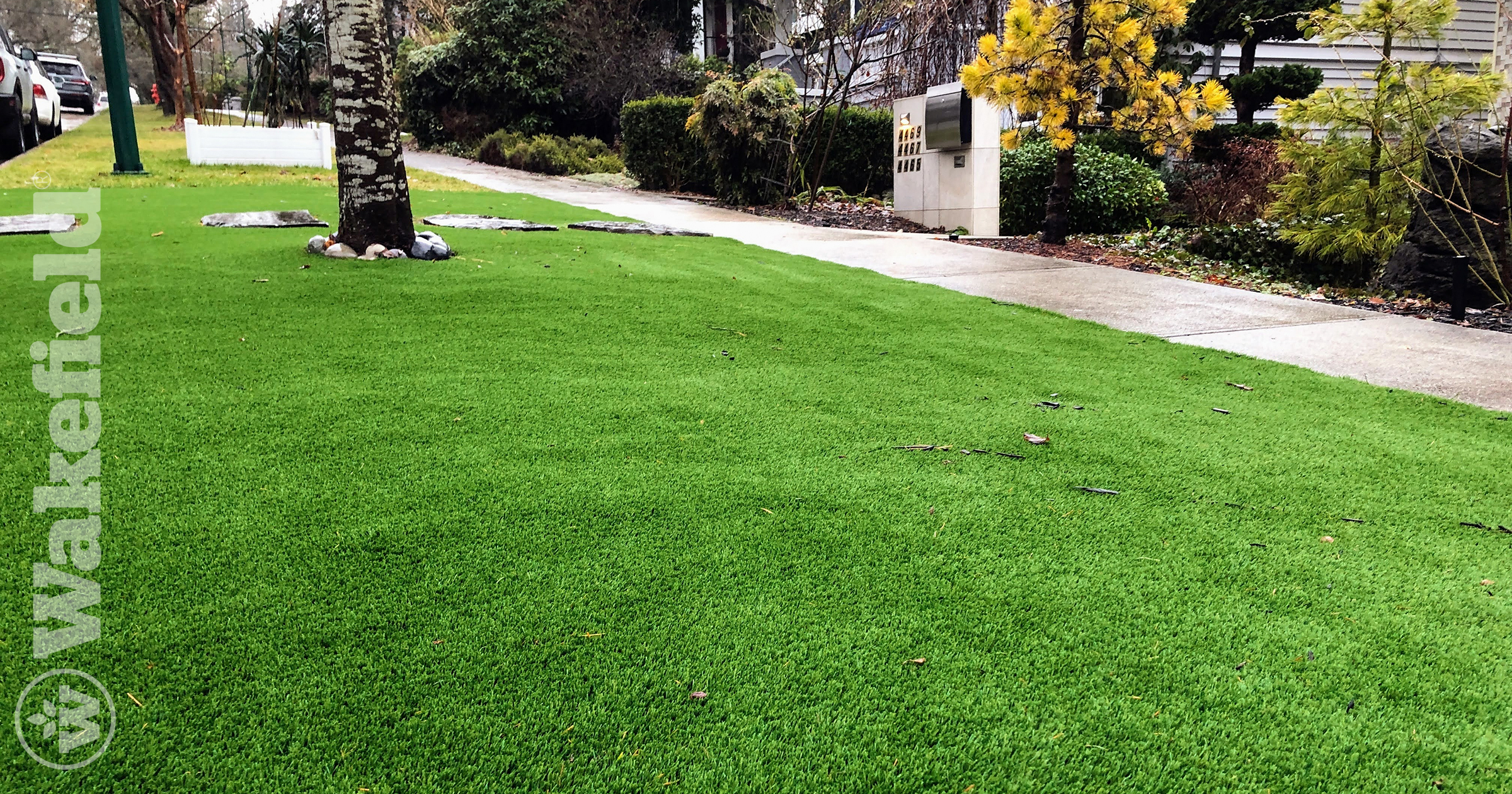Does Biochar Help Your Grass Grow?

We see a lot of discussion about biochar being used in gardens. Clearly, the tomato world is very proud of the benefits of biochar. Beyond the veggies, biochar has just as much benefit with trees, potted plants, flowers and your lawn. As a potting soil, add biochar to compost or peat moss with a little bit of top soil. The biochar mix will create a light and easy-to-use composition that is similar to potting mix you would buy in a bag at the store. Adding biochar to the soil around the roots of a tree will help reduce disease to the roots and keep as much nitrogen and nutrients close to tree.
Lawn care is another beast to take on. Does biochar have the same impact? You bet! We’ve tested biochar with grass seed on several occasions and each time we found the soil supported with biochar had grass seed germinate faster and grow taller than any other soil. Grass was growing in as few as 5 days in some tests!

A very important rule to remember with lawncare is that the condition of the soil will dictate the health and success of your grass. A healthy soil full of nutrients, micro-organisms and enough water will allow the grass to stay strong and roots to grow without disease. Compost will definitely inject a significant amount of organic material that is beneficial to your soil. The addition of biochar to the compost allows for the same organic material to last longer and allows the micro-organisms in the mix to flourish.
To prove this we recently setup an experiment with three areas of unique soil mixtures with the exact same seed, water and light. The box had barriers between the sections to reduce any crossover of material. One section was compost and top soil mixed 50/50. The middle section was the same 50/50 mix of top soil and compost with 10% biochar. The last section (on the right) was just a top soil mix to show untreated soil — something you might find in any backyard.
After 5 days the biochar section showed growth in a handful of grass seeds and nothing in either the left or right section. The best indication of the biochar benefits was on Day 10 (see above). We saw the biochar section had significantly more seed sprouted. They were taller and visually you could easily see the difference. The compost side did see some success and clearly was better than just top soil.
The benefits of biochar are many and if you have an interest in soil science you can dig deep into the technical benefits to your soil, your plants and our environment. For many of us we just want to see the difference. The science speaks for itself with the photo of this experiment. Your lawn will grow faster, taller and healthier with biochar mixed with soil that has a decent amount of organic material.





